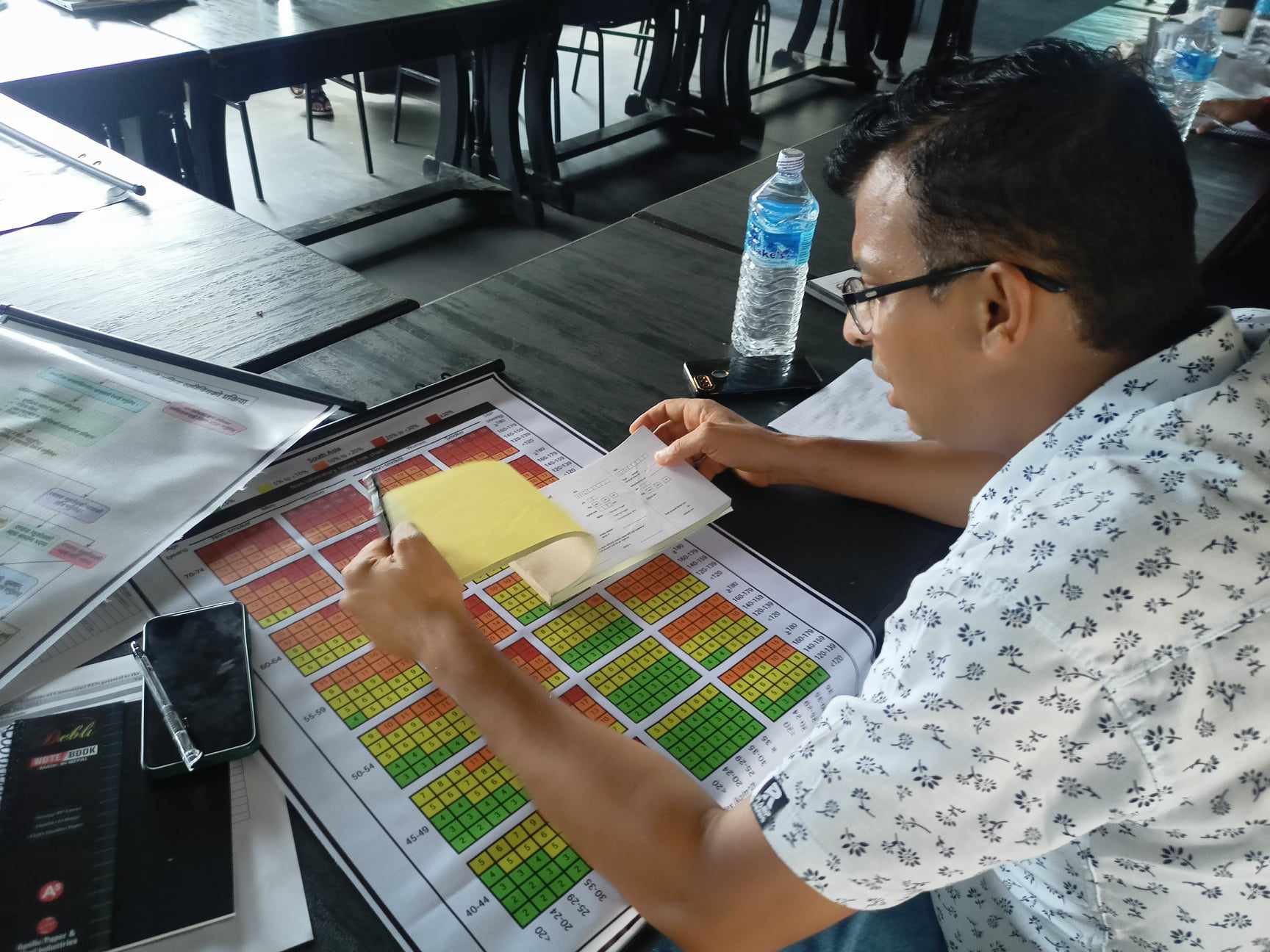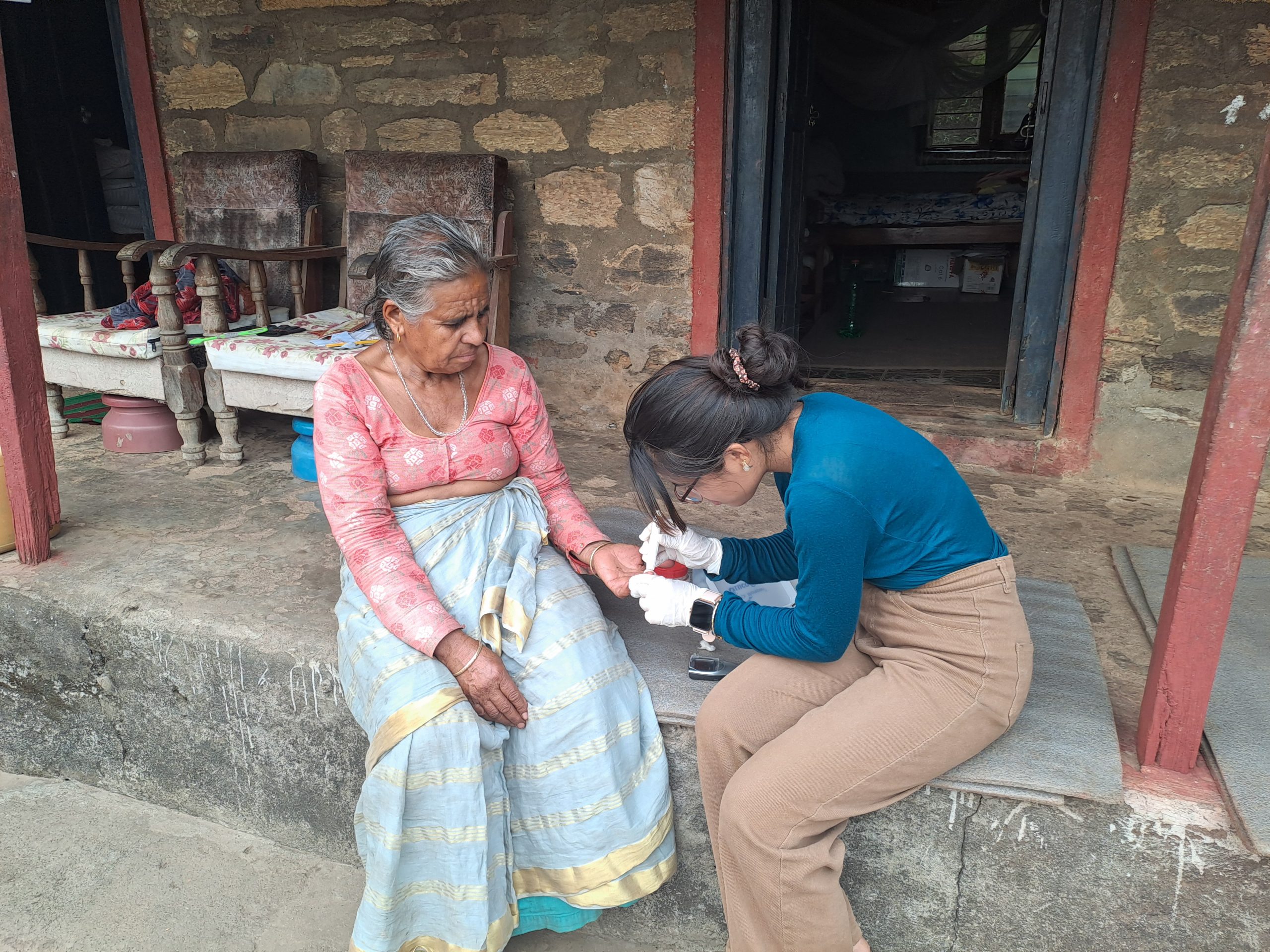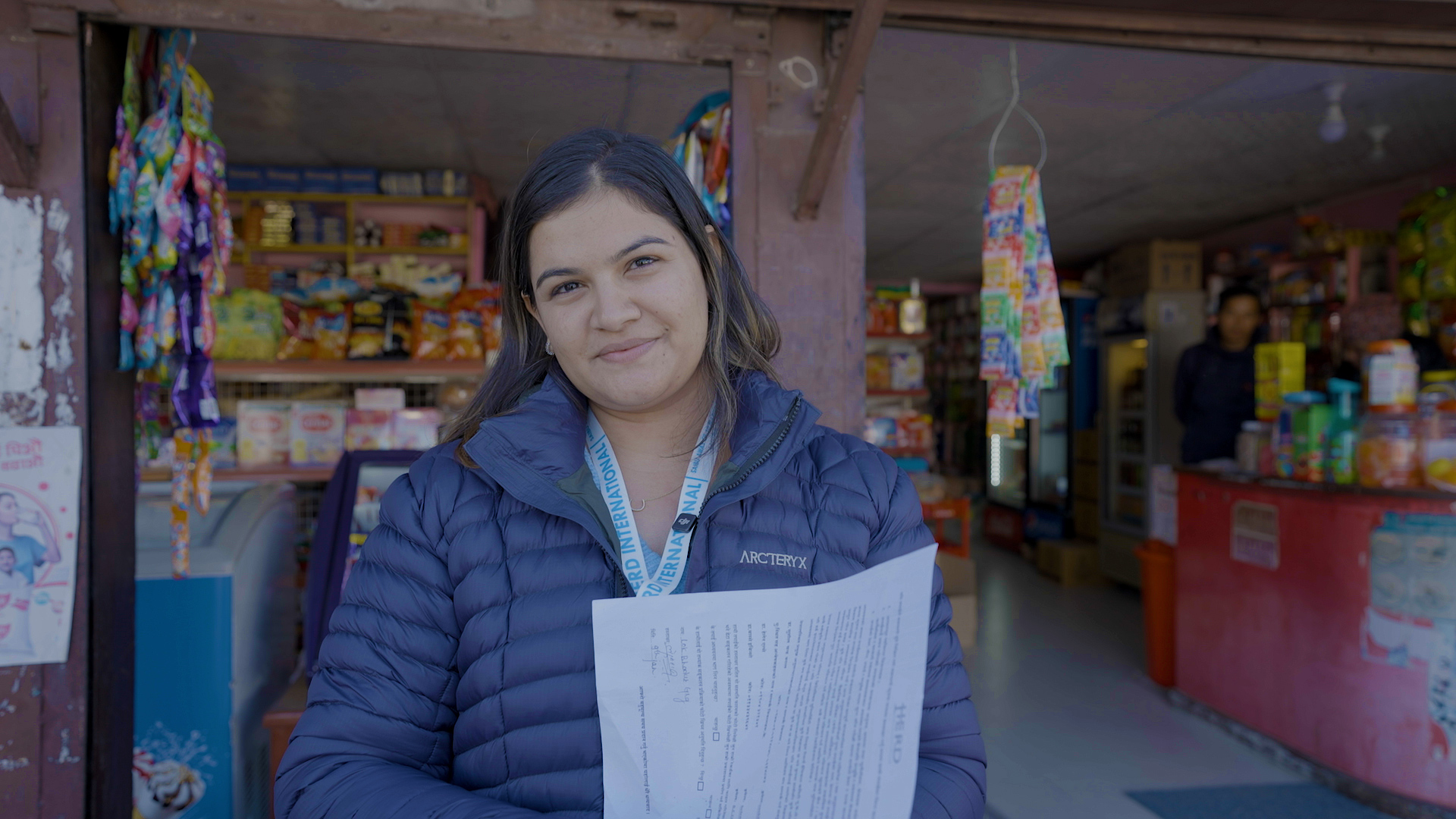The making of introductory video for the CARAN (Community Arts against Antibiotic Resistance in Nepal) project was another step for me. It was not completely new for me but I have not worked on these kind of sensitive topics in the past. I encountered some unexpected moments during the video making process.
For video making, I was assigned to interview different people including some pharmacists. I thought it would be an easy task, but it was not. Pharmacies are called “medicine shop” in Nepal, where anyone can buy most of the drug without any prescription from medical practitioner. There are few regulations regarding selling of drugs in the pharmacy including restrictions in selling some drugs without prescription, while in the making of the video, I realized that in most of the cases these regulations are overlooked.
I was looking for a pharmacy to interview a community pharmacist for their perspective on Antibiotic Resistance in Nepal in a specific area of Chandragiri which is also one of our study site.
While searching, I landed up in one of the pharmacy where a woman in white apron was sitting in the front desk. I was very excited to talk to her but was a bit in dilemma if she would agree or not. I reconfirmed with her that she was a pharmacist. She thought I was a patient and started asking questions regarding my health issues. Before I could tell her anything she explained how she can help me.
When I mentioned that the actual purpose of my visit is to talk about antibiotic resistance for a video, her facial expression changed and it seemed like she was uncomfortable. She backed off. I thought she was shy and therefore, tried to convince her explaining the study in detail. Later, to my surprise she mentioned that she is not a pharmacist and the pharmacy is registered in her husband’s name who will be there only in the evening. I got out from the pharmacy and started thinking what would have been if I was actually sick and was seeking suggestions on medicine.
Then I went in search of some other pharmacy and pharmacists. This time a person I interacted in the pharmacy was a student of Health Assistant. He was selling drugs and I did not see anyone else with him. A big blow again- even he denied to participate for video making when I mentioned him about the study and the topic. He further elaborated that his brother who also works in hospital is a registered pharmacist and owns the pharmacy.
Finally, after searching and talking to almost half a dozen pharmacy, I found the pharmacy and the right person who voluntarily agreed to participate in the interview for video making. The interview was good as he gave a lot of good information, which is now in our CARAN video. I also shared with him my experience of the day. He told me that there is only three registered pharmacist who dispense drugs whereas I could see more than six pharmacies in the area. However, I was happy to meet him and get the interview done. It was a very good learning for me. The interview with the pharmacist did give me some information on the current situation, but more than that visiting pharmacies and knowing the status was a different exposure and learning.
Before this visit, I had a very general idea on pharmacy practice in Nepal. But the situation is unexpected. As I am also from pharmacy background, I started wondering how these non-pharmacists are dispensing drugs. These personnel barely have knowledge on counseling. I feel that counseling is more important than just dispensing, as improper use of drugs does not help improve one’s health. Particularly, for the drugs like antibiotics, counseling plays a vital role in preventing resistance. During my visit to different pharmacies, I found that patients are not concerned on who is dispensing the drugs. Even the government monitoring unit seems to be very weak.
When I was interviewing, Mr. Mahendra Shrestha, Chief of Policy and Planning and International Cooperation from the Ministry of Health and Population for the video, he told me that the new policies regarding health issues is in developing stage. He emphasized on the proper research work which helps in developing policies.
By the time I completed my video, my understanding regarding the situation was better and I now understand the importance and the need to work in the area of antibiotics and antibiotic resistance.
You can watch the video by clicking here












Comments (0)
No comments found.